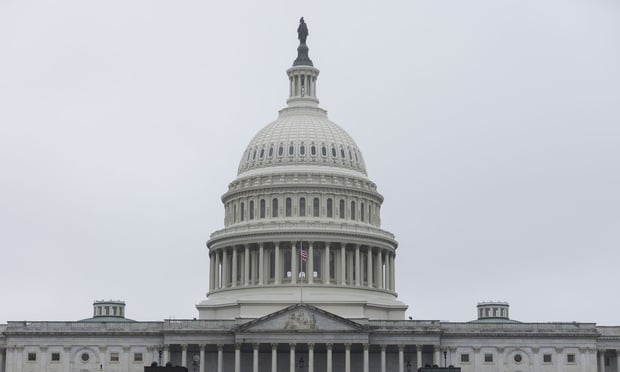 When it comes to taking leave to care for family members, three-quarters of men and 69 percent of women said they have never taken off more than a day or two. (Photo: Shutterstock)
When it comes to taking leave to care for family members, three-quarters of men and 69 percent of women said they have never taken off more than a day or two. (Photo: Shutterstock)
Paid family leave is frequently discussed as a way to help America's working women take time off to recover from childbirth. However, a new report underscores the pressure that the absence of paid family leave puts on men.
The study by New America, a think tank, finds that nearly half of parents take fewer than two days off –– paid or unpaid –– following the birth or adoption of a child. While the average woman takes 11 weeks off, most men take a week off or less.
When it comes to taking leave to care for family members, three-quarters of men and 69 percent of women said they have never taken off more than a day or two.
Related: How close are we to a federal paid family leave law?
Asked why men don't take more parental leave, about 40 percent of Americans said they probably don't because they don't need to due to a partner who is responsible for childcare. However, women are far more likely to come to this conclusion (46 percent) than men (34 percent).
Unsurprisingly, low-income households are far less likely to have access to paid leave or to take time off after childbirth.
Recent studies have shown that about 40 percent of U.S. employers offer paid parental leave, a significant increase in recent years. Parental leave increasingly is extended to fathers; SHRM estimated that 29 percent of employers offer some amount of paid paternity leave in 2018.
Some other countries have made a big push in recent years to encourage fathers to take time off to care for and bond with their newborns. In Norway, a family cannot access their full paid leave if it is not split between parents.
There are multiple reasons to encourage a more equal division of leave between men and women after births. First, simply offering generous maternity leave may lead employers to avoid hiring women. Second, it fosters better relationships between fathers and their children and may lead to a more equal division of unpaid household labor.
Read more:
© Touchpoint Markets, All Rights Reserved. Request academic re-use from www.copyright.com. All other uses, submit a request to [email protected]. For more inforrmation visit Asset & Logo Licensing.






